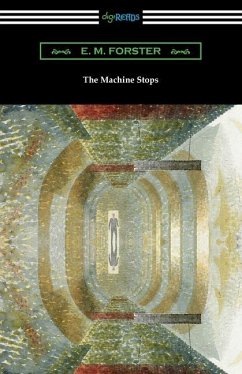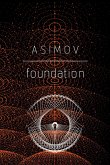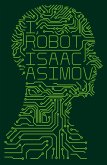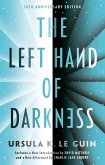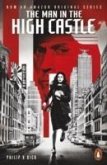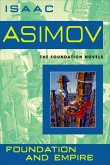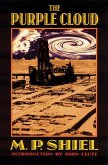First published in 1909, E. M. Forster's "The Machine Stops" is a fascinating story of dystopic science fiction which has been heralded as one of the greatest of the twentieth century. The tale is set in a vague future time when humans are no longer able to live on the surface of the planet and must instead survive underground where all their needs are taken care of by the ever-present Machine. The visionary work was far ahead of its time as Forster envisioned a world where people's main form of communication and entertainment was dependent on machines and done through a video and messaging apparatus. In this bleak future, the lives of two people, Vashti and Kuno, collide and the cruelty and indifference of the Machine is exposed. "The Machine Stops" remains a thought-provoking and harrowing story of the dangers of human dependence on technology and the resilience of the human spirit. This edition is printed on premium acid-free paper.
Hinweis: Dieser Artikel kann nur an eine deutsche Lieferadresse ausgeliefert werden.
Hinweis: Dieser Artikel kann nur an eine deutsche Lieferadresse ausgeliefert werden.

